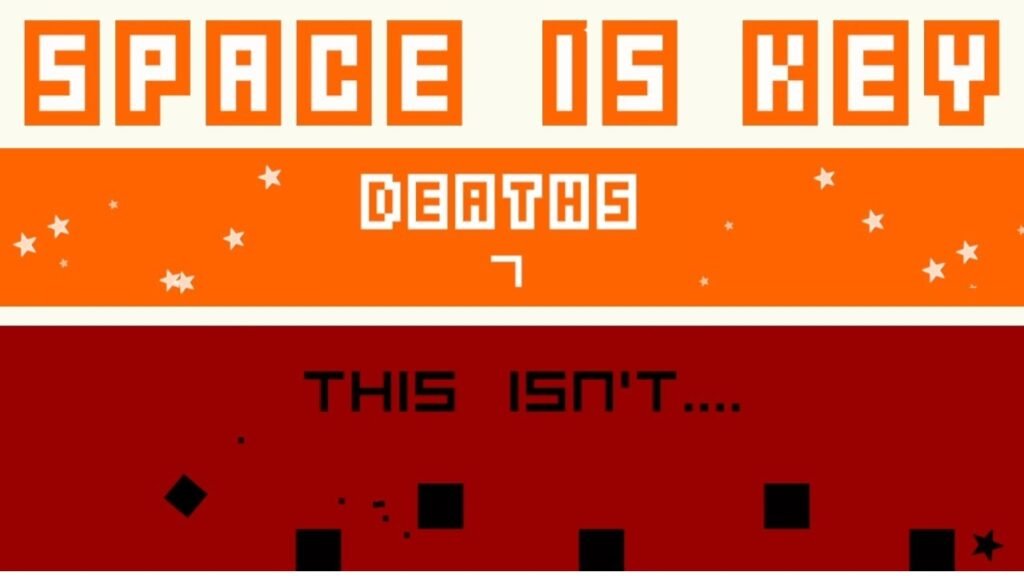In today’s fast-paced world, the phrase “space is key” resonates more profoundly than ever. Whether we talk about our homes, offices, or even digital environments, the way we utilize space significantly affects our productivity, well-being, and creativity. As Americans increasingly seek to balance demanding careers with personal lives, understanding the importance of space becomes crucial. This blog will explore why space matters, how it impacts our daily experiences, and ways to optimize it for greater success and satisfaction.
Why Space Is Key to Productivity and Well-being
The idea that Space Is Key influences outcomes is backed by numerous studies in psychology and environmental design. Space is not just a physical attribute; it also shapes our mental and emotional states. For example, cluttered, cramped environments can induce stress and reduce cognitive function, while open, well-organized spaces promote clarity and focus.
“Your environment shapes your mental state more than you realize.”
— Dr. Susan Cain, author of Quiet: The Power of Introverts in a World That Can’t Stop Talking
This insight underscores the critical role of space in supporting mental health and productivity. In offices, spacious layouts with natural light and quiet zones encourage collaboration and deep work alike. At home, having dedicated areas for work, relaxation, and hobbies enables better work-life separation and personal growth.
Space Is Key in Urban Living: Managing Limited Space Wisely
Urban Americans face unique challenges when it comes to space. Rising population density and soaring real estate costs often mean living in smaller apartments or shared homes. Consequently, efficient space utilization becomes a survival skill.
Innovative solutions such as multifunctional furniture, vertical storage, and minimalistic design help residents maximize limited square footage. The concept of “micro-living” is gaining popularity in cities like New York and San Francisco, where tiny apartments cleverly integrate all necessary functions. Moreover, community spaces and parks play an essential role in extending living areas beyond the walls of individual homes.
Google Scholar research on urban space management shows that well-planned shared environments contribute significantly to residents’ quality of life and social interaction (Kim & Kaplan, 2020). Hence, space isn’t just about physical dimensions; it’s about designing environments that foster community and comfort despite constraints.
The Role of Digital Space: Why Virtual Space Is Also Key
In our increasingly digital lives, space is key extends beyond physical surroundings to the virtual realm. Digital clutter—disorganized files, overflowing inboxes, and chaotic workflows—can hinder productivity just as much as physical mess.
Creating “digital space” by organizing data, setting boundaries on screen time, and optimizing virtual workspaces allows for greater efficiency and less cognitive overload. This virtual decluttering aligns with the principles of digital minimalism, a concept popularized by Cal Newport, who argues that thoughtful management of digital space can enhance focus and creativity.
Interestingly, the interaction between physical and digital spaces is gaining attention. Hybrid work environments highlight the need to balance both, ensuring neither overwhelms the other. Companies investing in ergonomic home offices and intuitive digital tools acknowledge that space—whether tangible or intangible—is a foundational element of modern work culture.
Space Is Key to Creativity and Innovation
Creativity thrives in environments where people feel free and unconfined. The physical arrangement of a space can stimulate or stifle creative thinking. Open-plan offices, creative studios, and collaborative hubs are designed to encourage interaction and spontaneous idea exchange.
Research indicates that spaces allowing flexibility and personalization support innovation. Employees who can rearrange their work areas or access varied environments—quiet rooms, lounges, outdoor spaces—report higher creative output. This adaptability reflects the principle that space is key not just for functionality but for nurturing imagination.
Furthermore, outdoor spaces, natural light, and greenery have been linked to increased creative problem-solving. The biophilic design movement integrates natural elements into interiors, reinforcing the connection between space and human cognition.
Practical Tips for Making Space Work for You
Understanding that space is key is the first step; applying this knowledge requires practical strategies tailored to individual needs.
Start by decluttering physical and digital environments regularly. Adopt furniture and storage solutions that maximize functionality without sacrificing aesthetics. For digital spaces, implement folder systems, use productivity apps, and schedule screen-free times.
Consider the psychological impact of colors, lighting, and layout. For instance, calming hues and natural light promote relaxation, while bright, dynamic colors can energize. Creating zones for specific activities—work, rest, socializing—helps maintain balance and reduces stress.
Moreover, embrace community resources like co-working spaces or neighborhood parks to extend your usable space. Finally, prioritize flexibility. Life changes, and so should your spaces.
Conclusion: Why Embracing Space Is Essential for Modern Success
In conclusion, the mantra “space is key” encapsulates a vital truth for Americans navigating modern life’s complexities. Space influences productivity, mental health, creativity, and overall quality of life. By recognizing the multifaceted role of space—physical, urban, digital, and psychological—we empower ourselves to create environments that support our ambitions and well-being.
Experts and research alike reinforce that space management is not a luxury but a necessity. When we prioritize space thoughtfully, we unlock potential that might otherwise remain confined. As you reflect on your own surroundings, consider how making space work for you can be the key to unlocking a more balanced, productive, and inspired life.
